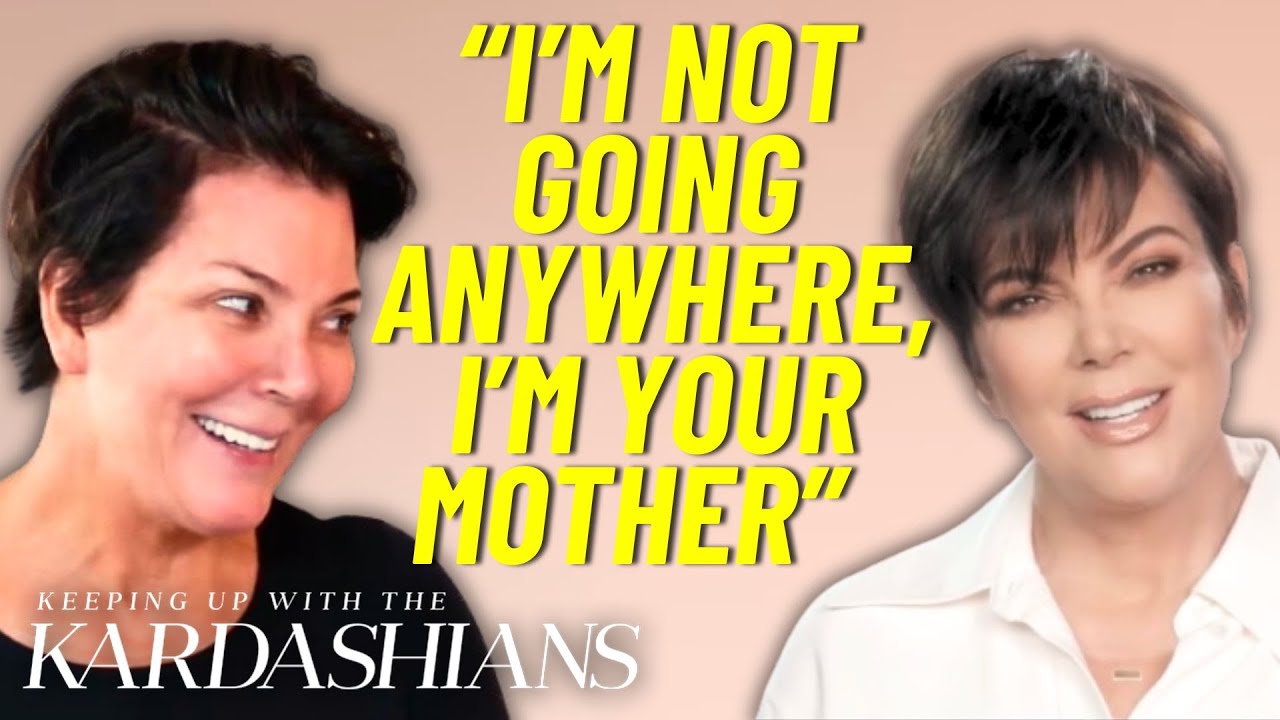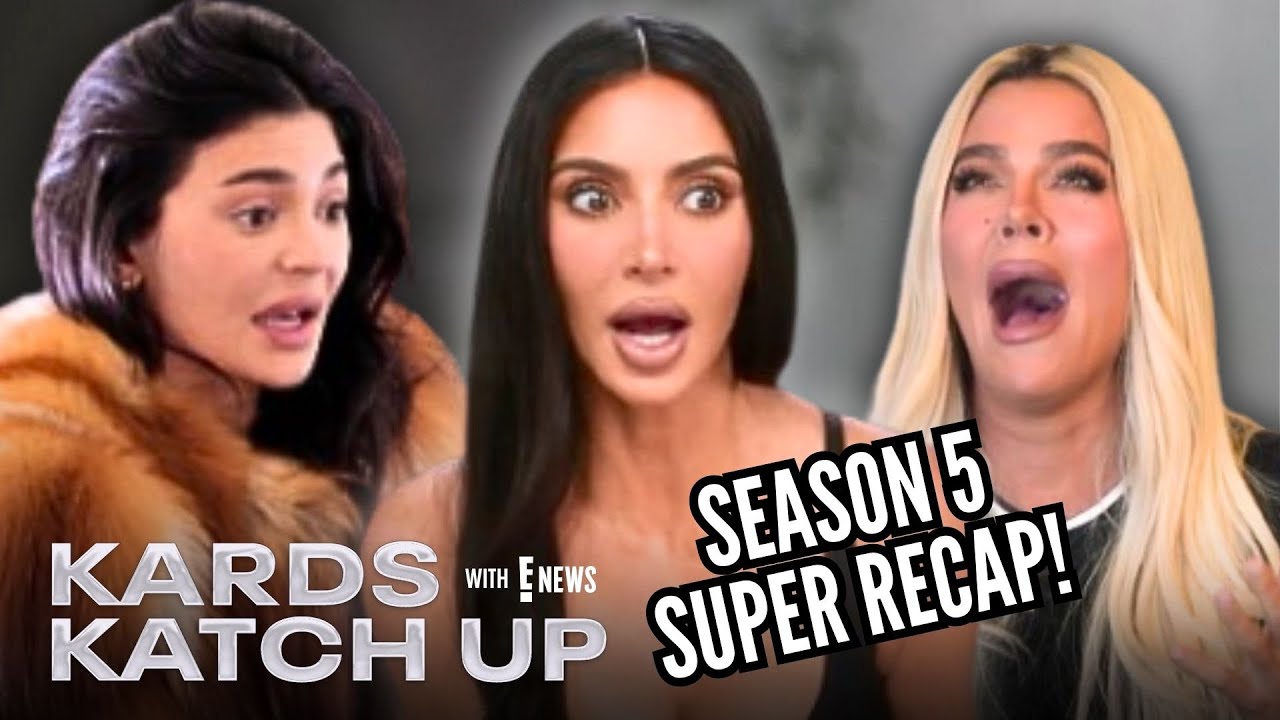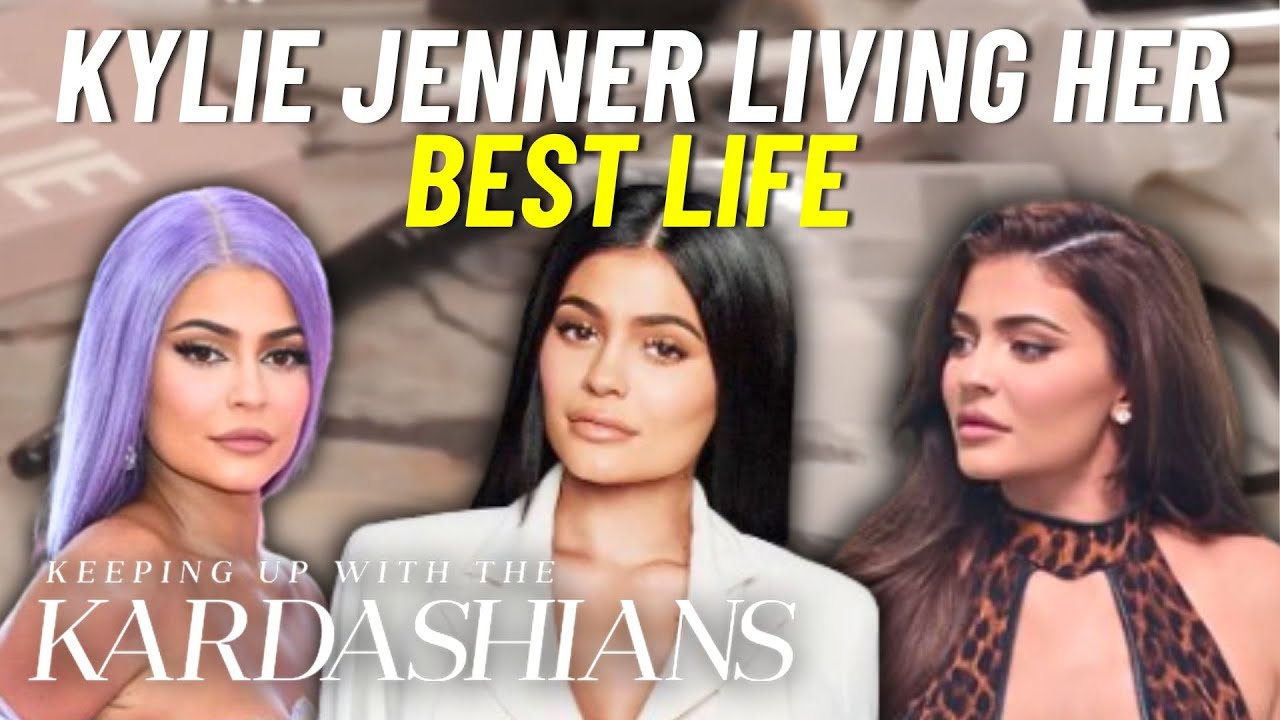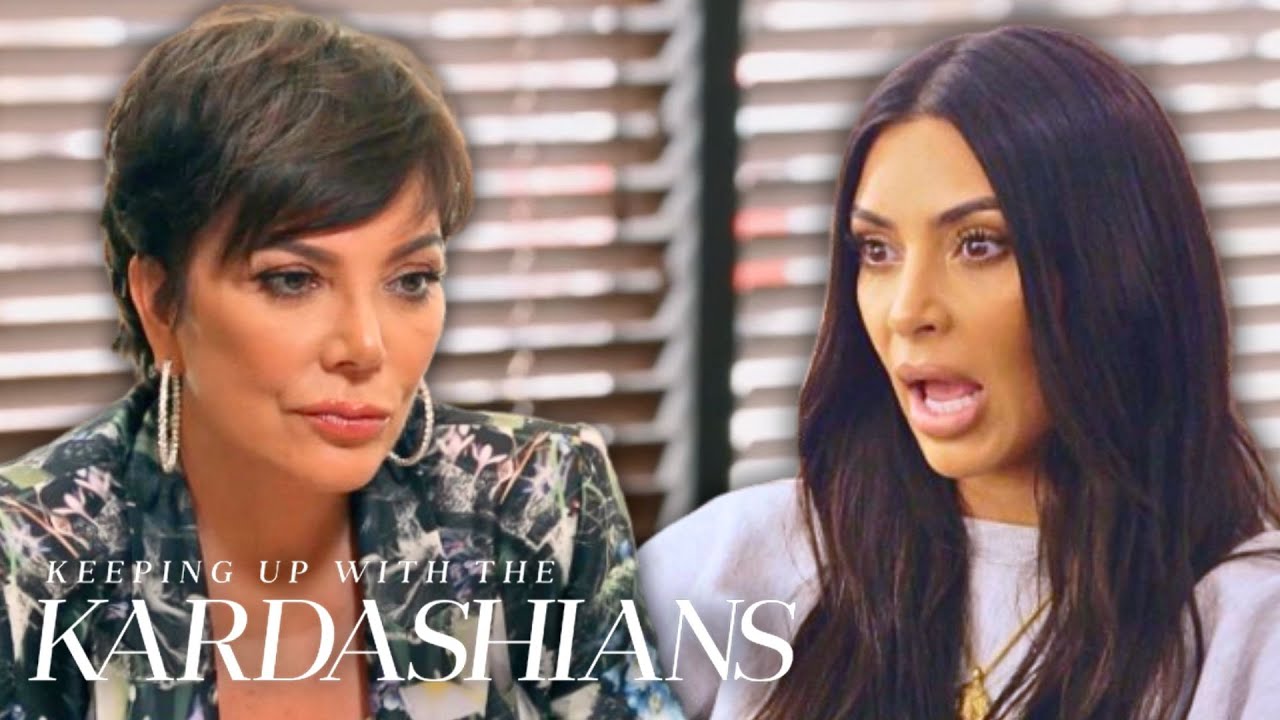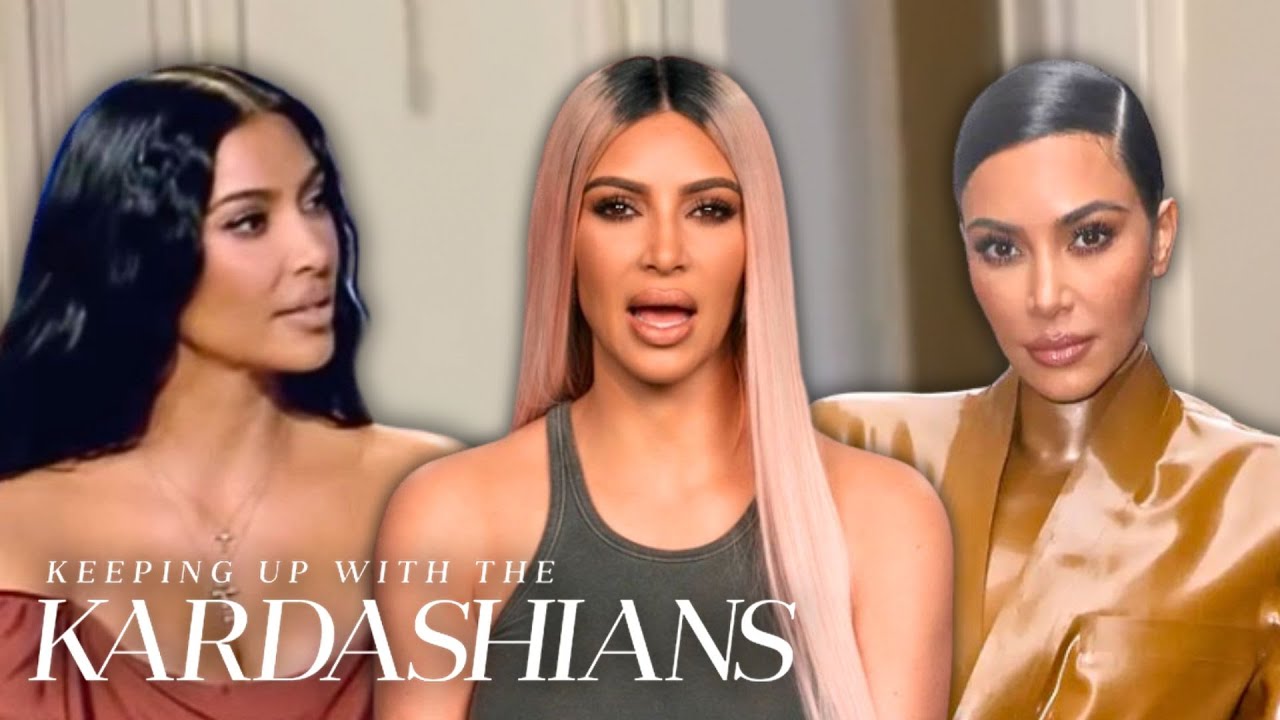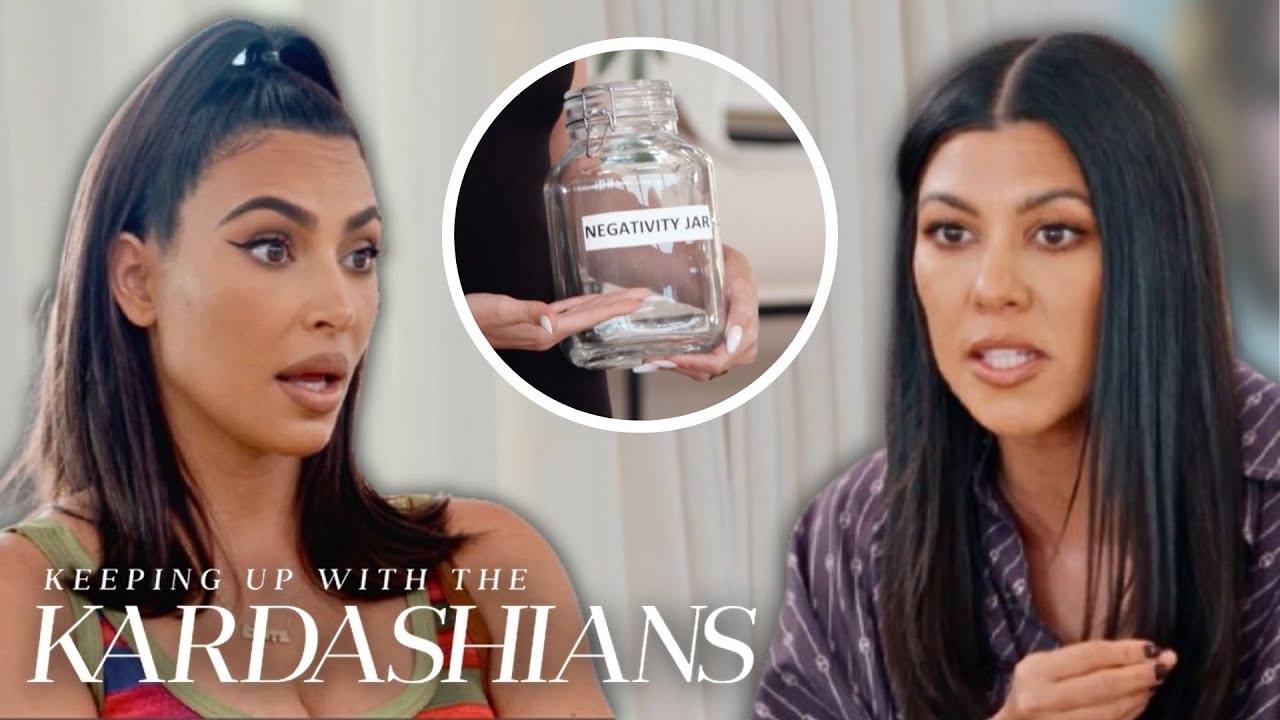Hit records, diamond-encrusted Rolexes, and a car collection so vast he’s lost count of what’s in it—the Miami-based rapper and entrepreneur is living his dream.
“Look at it,” Rick Ross says, arms outstretched, head tilted, basking in the brilliant Florida sun. “This is Miami. Beautiful. It’s most definitely for me.” Dressed in a blue Balenciaga tracksuit and New Balance sneakers, his wrist adorned with a rose-gold Rolex “Presidential” Day-Date, Ross has just pulled up to his property on Star Island, the exclusive Miami Beach enclave where Jennifer Lopez, Gloria Estefan, and pharmaceutical billionaire Phillip Frost are among past and present residents. The 47-year-old rapper, entrepreneur, and self-proclaimed “biggest boss” is in a buoyant mood—smiling, shaking everyone’s hand, offering puffs of his blunt, and pouring from the bottle of Luc Belaire rosé he keeps near him at all times. (As a nod to his wine of choice, Ross also goes by “Rozay.”) Because the house Ross spent a reported $35 million on is being prepped for demolition—he wants an upgrade—we’re in the backyard, next to the pool that overlooks Biscayne Bay. The vision of this life of grandeur, Ross says, first came into focus when he was growing up about 20 miles away in Carol City.
“When you seen that Jaguar and you’re stepping out of your Buick,” he says, “you understood what luxury was right then. And we loved my dad’s Buick, but I understood [luxury] early and I was attracted to it early. By the time I was in third grade, I knew I wanted to be riding in leather seats. We pulled it off.” Indeed.
Ross has long been a voracious consumer of the finer things, having amassed enviable collections of cars, jewelry, and watches as well as a substantial real-estate portfolio. Last year marked the arrival of the crown jewel, a Gulfstream G550, the private jet of choice among those with similar tastes and budgets. But standard issue (or, as with the aforementioned teardown, someone else’s style) is not how the biggest boss rolls. Shortly after taking delivery of the aircraft, he handed it over to private-jet design specialists Duncan Aviation to give it the full Rick Ross treatment, outside and in. Now more than ever, he fully embodies the lifestyle he has always rapped about.

Born William Leonard Roberts II, Ross grew up admiring the professional athletes he saw on TV, as well as people in his neighborhood who were clearly “winning.” When he was introduced to rap music and, later, the high-wattage aesthetics that accompanied it, “that shit just took over my soul,” he recalls. Despite being a standout offensive lineman on his high-school football team and landing a scholarship to play for Albany State, Ross left college weeks into his freshman year, drawn home to Miami by his rap-star aspirations. He didn’t look back. “I knew it was something I wanted to be a part of,” he says.
After years spent working behind the scenes for other artists, Ross released his debut studio album, Port of Miami, in 2006 to critical and commercial acclaim. Selling 187,000 copies its first week, the record entered the U.S. Billboard 200 at No. 1 and went on to become certified platinum. His first single, “Hustlin’,” has since been followed by a slew of others—“B.M.F. (Blowin’ Money Fast),” “Aston Martin Music,” and “Stay Schemin’ ” are a few—and he counts Drake and DJ Khaled among frequent collaborators. In 2009 Ross founded Maybach Music Group, going on to sign eventual superstars Meek Mill, Wale, and French Montana.
I didn’t just wake up and have a hit record in six months. It took me a long time to get here.
As his popularity grew, so did his ambitions for business ventures outside music. A longtime fan of Wingstop’s lemon-pepper wings, Ross bought his first franchise in 2011 and has had as many as 30 restaurants (but currently owns just one). In recent years, his fast-food portfolio has expanded to include a handful of Checkers and Rally’s; he has also dabbled in hair-care and hemp products. Yet as much as he touts the trappings of uber-successful entrepreneurship—he scoffs when the rare colored diamonds in his tennis necklace are mistaken for mere sapphires—Ross maintains that he’s an artist above all else. In November, he released his 12th studio album, a collaborative effort with Meek Mill titled Too Good to Be True. “My talent means more than me being the richest rapper, the richest Black man, the richest hip-hop executive,” he says. “That never was the goal. It’s still not. As I’m sitting here right now on Star Island, what I want this to represent the most is my gift. Fuck the status—when somebody sees my 200-car collection, think of the gift.”

Two hundred is actually just his best estimate—he’s not sure exactly how many vehicles he owns. His first car, he tells Robb Report, was a 1976 Chevrolet Caprice he received for his 16th 𝐛𝐢𝐫𝐭𝐡day. “It was a gift from my granddad, may he rest in peace.” His most recent? A custom Maybach in a shade he calls Air Max Gray, purchased a few months ago for just under $600,000. He has had a yearslong (and very vocal) love affair with Maybachs. “They represent true luxury,” he says. “The backseat of a Maybach is second to none.”

Not that he’s always riding in the back. “I enjoy driving,” he says, rattling off a few other favorites: “The Rolls-Royce Phantom is most definitely one—it’s a big boy, I’m a big boy. And then we could go to a sports car. Ferrari Fatboy, that’s one of my nicknames. Ain’t nothing like seeing a fat boy squeeze into a Ferrari.”
While Ross prefers his cars to be one-of-one, his wardrobe needn’t be bespoke. He describes his personal style, simply, as “I’m the biggest boss,” suggesting that his confidence allows him to pull off anything. “It’s not really a lot of pressure,” he says of getting dressed every day. “I don’t have no stylist to shout out.”

So the Boss does his own shopping? “Facts: all Rozay,” he says. He is a regular at the Bal Harbour Shops location of Neiman Marcus (“One time for Andy,” he says, giving his preferred sales associate a mention) and frequents the Louis Vuitton store at the Shops at Crystals in Las Vegas.
Ross confirms that his favorite line is Vuitton menswear, currently designed by his friend and sometime collaborator Pharrell Williams, though it would be safe to assume as much given the LV logo tattooed on Ross’s right cheek. His admiration for his favored labels is more than skin-deep: A Rolex crown, a Maybach emblem, a Miami Heat logo, and a New York Times–style T are also inked about his face and head, the last in recognition of his two Times bestsellers, the memoir Hurricanes and the business tome The Perfect Day to Boss Up. Inscribed just above his chin and framed by his signature beard are the words “Rich Forever,” which is both the title of a mixtape Ross released in 2012 and his Instagram handle. It’s also his personal goal.

Ross has never publicly disclosed his net worth and declines to do so today, but he’s notoriously outspoken about his spending. Last fall, during a radio interview, Ross shared that between his Star Island home, his private jet, and various other acquisitions, he dropped $100 million in six months. To an outsider, how this shopping spree jibes with staying “rich forever” may be puzzling, but Ross insists his approach to money management is well calculated.
“When it comes to the team that helps me manage my finances, that’s my mother and my sister,” he says. “Of course, we have my attorney [and] accountants, but the brain is my mom and my sister. They’re my eyes, they’re my everything.” Though he trusts his family implicitly, “you want to be hands-on with everything you’re doing,” he says. “No one should ever get too big for that. You want to know what you’re spending, you want to know what you’re making; I love those numbers.” Then, to clarify: “Do I save? Of course.” Which is not to say that he’s risk-averse—or that he always listens to his mom.

In 2014, Ross and his mother found themselves at odds when he purchased a 45,000-square-foot, 109-room Georgia mansion—it previously belonged to boxing great Evander Holyfield—for a reported $5.8 million. “My mom was like, ‘What are you doing? You [already] own five homes. What are you going to do with this?’ ”
His answer has materialized over the past decade. Dubbed the Promise Land, the 235-acre property features a 350,000-gallon swimming pool (one of the largest, if not the largest, residential pools in the country), is home to horses and buffalo, and served as a primary shooting location for the 2021 movie Coming 2 America. (The practical-minded Ross even bought a John Deere tractor and enjoys occasionally mowing the sprawling lawn with it himself.) The estate is also the site of the annual Rick Ross Car & Bike Show, which the rapper launched in 2022. Last year, entry to the event started at $325 for general admission and went up to $2,500 for a VIP ticket and, per the show’s website, a chance to “party with the Boss.” For anyone who has seen videos of Ross going out in Miami or footage from his performances at Drai’s nightclub in Las Vegas, where he recently extended the multiyear residency he secured in 2021, the possibility was surely enticing. Ross’s love of a good time is legendary.
“I still love to party more than anything,” Ross says. “If the party is the fucking shit, if it’s lit, Rozay wants to come. If the club poppin’, I want to come. If the restaurant poppin’, we going straight to the restaurant.” The night before our interview, Ross and friends dined at David Grutman’s new Miami hot spot, Casadonna. “Rozay wanna come and eat the branzino, I want the Dover sole, I want the fucking angel-hair pasta with the lobster tucked underneath it,” he muses. It sounds like a good time was had—in fact, it sounds much like the night, over a decade ago now, that would end up making Ross the face of Luc Belaire.

“I’m partying up in New York, celebrating having the biggest record in the country at the time, and DJ Clue and some more people sent over a big basket of black bottles,” he recalls. Drinking, standing on couches, and more drinking ensued. “I wake up in the morning, and I’m like, ‘What was that we was drinking last night in those black bottles? Shit was amazing.’ ” The next time Ross was in New York, Clue introduced him to the man behind those memorable drinks, Brett Berish, CEO of Luc Belaire parent company Sovereign Brands and the man who sold the Armand de Brignac (a.k.a. Ace of Spades) Champagne house to Jay-Z. Ross has been an enthusiastic Luc Belaire ambassador ever since, fueling the embrace of the French sparkling wine in the hip-hop world and, by extension, the broader culture.
Ain’t nothing like seeing a fat boy squeeze into a Ferrari.
There’s only one focus when we arrive at Ross’s airplane hangar: the 96-foot-long shiny black G550 parked outside, emblazoned with his name in gold, each S styled as a dollar sign in an eye-catching logo of his own design. Inside, sunlight bounces off the glossy white floor and gleaming cars, creating a glare bright enough that some of our crew keep their sunglasses on. Three Ferraris are lined up along with a Rolls-Royce, a Corvette, a Pontiac Firebird, a vintage Chevrolet, and an extensive collection of arcade games.

“I flew Delta for so long,” Ross says, now seated in one of the cream leather seats of his own aircraft, quipping that he may have to take a commercial flight once a year to hold on to his Diamond Medallion status. Joking aside, Ross couldn’t be more excited about his slick new wings. “We cut no corners,” he says of designing the jet to his liking. The plane seats 16 passengers and features leather accents and sleek wood panels, a decor he chose because “it was just that Rozay vibe.” His one nonnegotiable feature: an oven.
“That was just something that was really important to me,” he says, visibly pleased that he’s able to enjoy meals freshly cooked in-flight. “A lot of planes come without one, but I had to have that.” Blankets made for him from Louis Vuitton fabric drape over the seats, and there’s a bed in the back for long-haul flights. “They fold that out for me, and I just do what I do best—relax, lay back like a boss.” For his very first flight, he took his mom and sister for a spin.
Avoiding the hassles of commercial air travel is an obvious perk (“I don’t gotta worry about my mom going through TSA no more”), but ultimately, the decision to buy the plane came down to a calculation that it would earn him money in the long run. “When I spoke to some of my counterparts, some guys that I’m in business with, it was most definitely based on me being able to get more things accomplished,” he explains, which is key when you’re aiming to triple your wealth, as Ross says he is.
You want to know what you’re spending, you want to know what you’re making; I love those numbers.
The mogul’s current cache of high-end goods is all rooted in his first big purchase, a Geneva watch he acquired in his late teens for around $4,500. “I bought it from the 183rd Street Flea Market,” he says of the timepiece, which he describes as a Rolex knockoff with a “sprinkle” of diamonds. “The jeweler I purchased it from, his name was Morgan. He showed a lot of love and let me work my layaway plan,” Ross remembers. In Carol City at the time, he says, a Geneva watch was “honorable”—a mark of status. “When I got my Geneva watch, I knew it was on and poppin.’ ”

Ross’s collection has since grown into a treasure trove of Rolex, Cartier, and Patek Philippe wristwear. In the office space attached to his hangar, he shows off a few of his favorites, arrayed in a Louis Vuitton case. There’s a diamond-encrusted Hublot that was a 36th-𝐛𝐢𝐫𝐭𝐡day gift from Dr. Dre, an Audemars Piguet Royal Oak awash in 816 baguette-cut emeralds, and Ross’s pièce de résistance, a Billionaire III from his longtime jeweler, Jacob Arabo, of Jacob & Co. Ross hasn’t committed the specs to memory—“That’s for somebody with maybe two watches, they can remember that”—though we can confirm it features an 18-karat-white-gold case, over 129 carats of diamonds, and antireflective sapphire crystals covering the front and back of the skeletonized tourbillon movement. While Ross paid $3 million for it, what he looks for in a watch “is not about price, stones, et cetera,” he insists. “It’s just what it means to me. I still love G-Shocks to this day.”
Looking to the future, Ross contemplates building on his Wingstop experience by launching a signature chicken brand, and he aspires to one day own the Miami Dolphins or a casino—possibly both. As with pursuing his music career, Ross is content not to rush. “I didn’t just wake up and have a hit record in six months,” he says. “It took me a long time to get here.” For the present, though, he’ll continue to augment his luxury collections using a very simple criteria—one could even call it the mantra of Rick Ross.
“If I want it,” he declares, “it’s worth it.”
